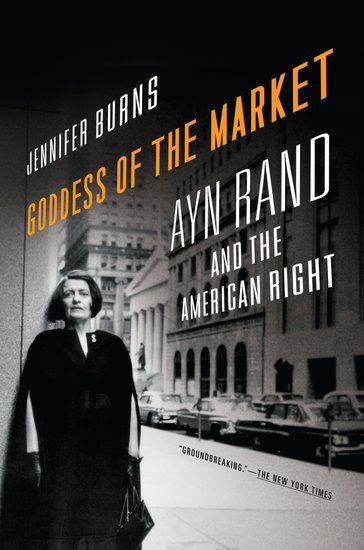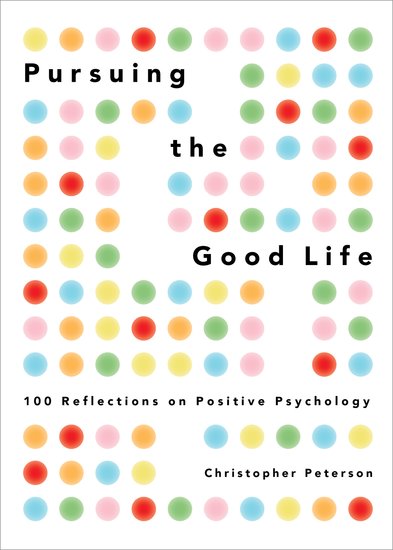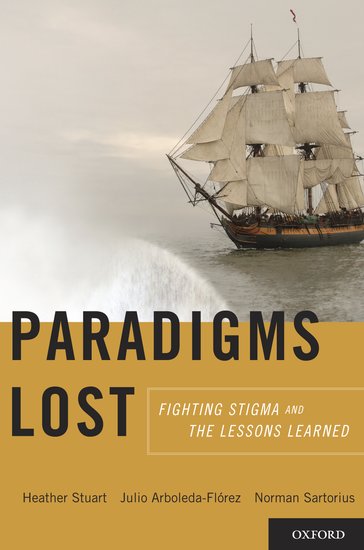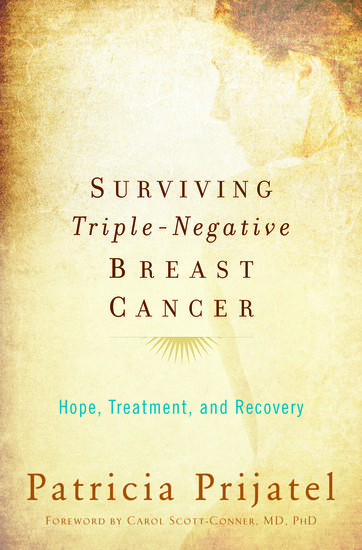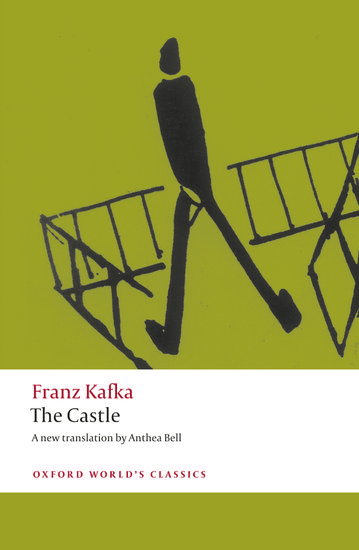The consequences of alcohol and pregnancy recommendations
By Sarah CM Roberts and Lyndsay Ammon Avalos
What should be the public health messaging on drinking during pregnancy? The answer isn’t clear-cut. We do know that there is strong evidence that high levels of alcohol consumption during pregnancy harm the developing fetus. However, we don’t know conclusively what the impact is of lower level alcohol consumption. That is, we don’t know if there is a truly safe level of alcohol use, nor do we know if the line between safe and unsafe alcohol consumption is the same for all pregnant women.


